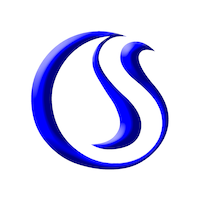Light of Truth Day and Summer Celebration
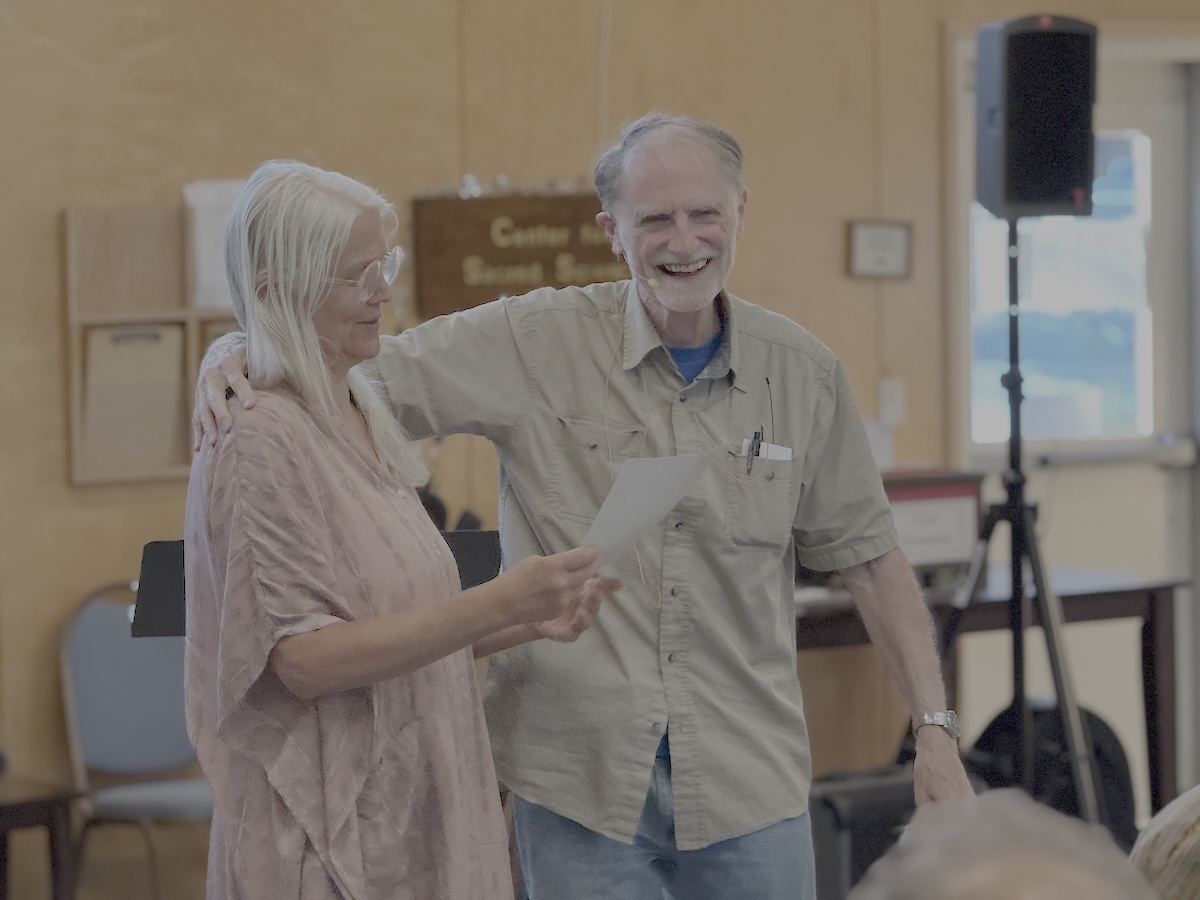
Laura Parker and Todd Corbett
On Saturday 9 August 2025, the CSS community gathered for a summer celebration. A potluck dinner included many delicious home-made foods. We were entertained by a performance of several songs by the CSS Sacred Singers, and Todd presented a certificate of graduation to his Foundation Studies student, Laura Parker.
On Light of Truth Day, Sunday 10 August 2025, Joel gave a talk on the nature of relative truth. He guided us in an imaginative thought experiment, taking us back to the year 1525 at the University of Paris where we were attending a lecture in natural philosophy by "Professor Morwood." The authorities of knowledge of the cosmos, we were told, are Aristotle, Ptolemy, and the Bible. In this cosmology, the earth rests at the center and is composed of the corruptible elements of earth, air, fire, and water. In the celestial realm above are the perfect spheres of the sun, moon, planets, and stars. People were as certain of this view of the cosmos as we are about our view today.
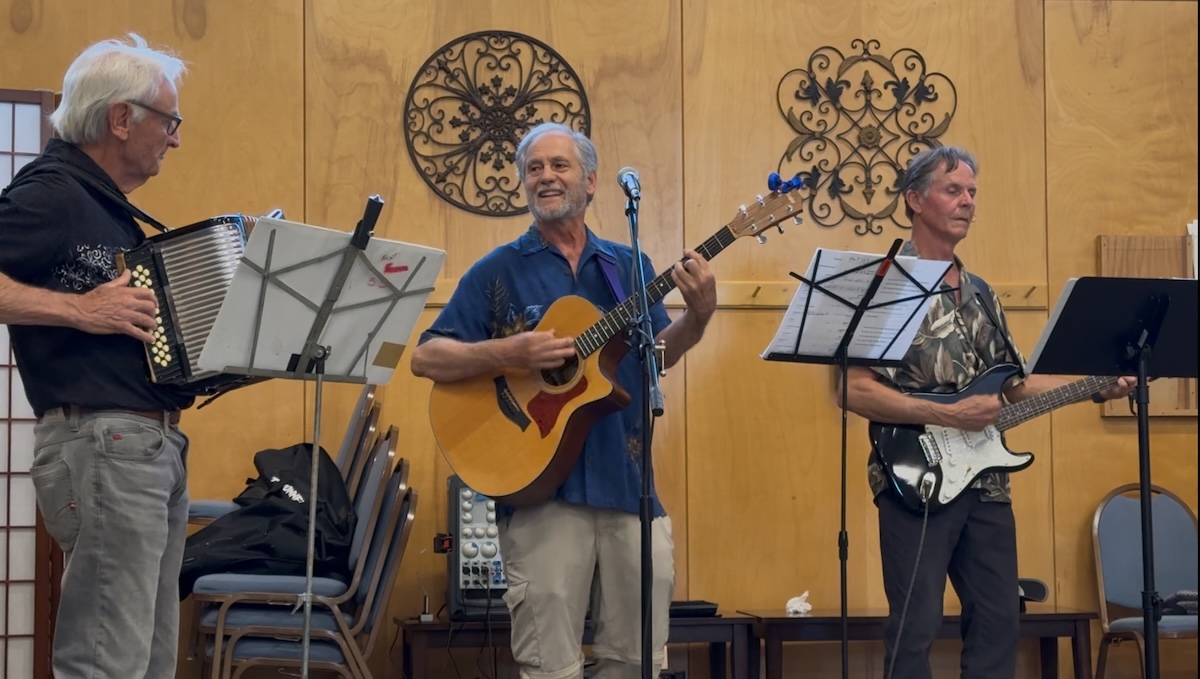
The CSS Sacred Singers
Joel then invited us to imagine ourselves again at the University of Paris, but now it is 1875. Everything from 1525 has been overturned, and we have a completely different view of the cosmos, ushered in by Copernicus, Kepler, Newton, and others. The earth is no longer at rest in the center of the cosmos. Instead, it goes around the sun. The sun is now just one of the many stars in the universe, and the crystalline spheres have been replaced by vast empty space containing matter just like the matter on earth. Matter now is no longer composed of four elements but is made of various kinds of indestructible and indivisible atoms. This view of the cosmos was the widespread worldview 150 years ago.
But today, in 2025, quantum mechanics and relativity has upended fundamental ideas that form the basis of that prior worldview. For example, those atoms of matter are not indestructible or indivisible, but can transform into other atoms and can be split apart into more fundamental particles, which can be completely annihilated into pure energy. As these thought experiments illustrate, our view of the cosmos keeps changing, sometimes in very fundamental ways. So, our latest science is a relative truth, not absolute. But we cannot dismiss science as mere opinion. The technology based on this science still works, even technology based on obsolete science. We still use the science of 1875 for building bridges and navigating spaceships to the moon. So, this relative knowledge is still vitally important. But relative knowledge is not Absolute knowledge. And these changes in relative knowledge do not change Absolute Truth, which transcends all our ideas and theories about the world. Click here to watch the video.
Intensive with Andrea
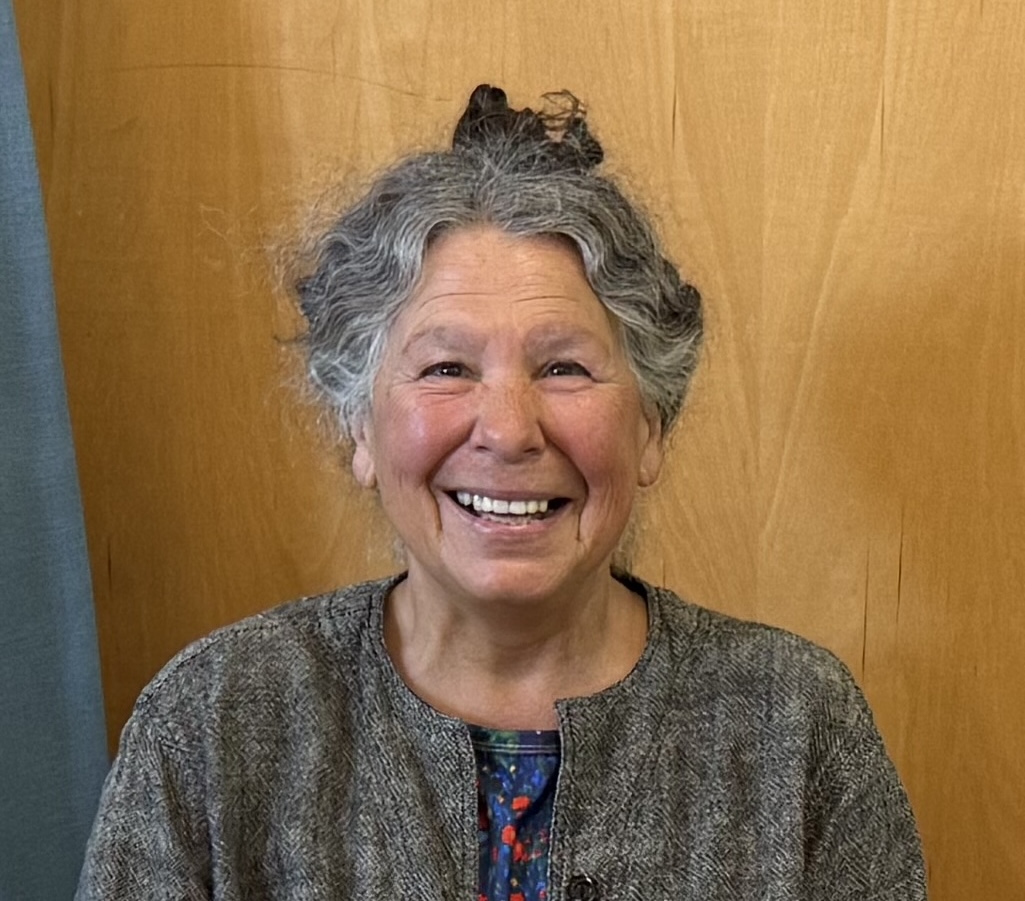 Andrea Pucci
Andrea PucciReport from Laura Betty:
Andrea Pucci traveled to Eugene to lead an intensive from 18-20 July 2025 on the topic "The Knower and the Known."
"What" was the magic word on this intensive with Andrea. What is the knower?
We spent three days investigating "Who" or "What" is experiencing thought.
Our instructions were very simple: "Ask! Who or what is knowing this thought?" We were not instructed to follow a thought. We were focusing on the immediate direct looking at what was happening in our mind. As Andrea said, "We are stirring the pot of samsara."
Andrea offered suggestions to help us prepare for this journey: Pay close attention to your thoughts. Relax your mind into stillness and relax your body.
One way that we practiced was with a very slow walking meditation. Andrea reminded us, "All meditation is being at ease." As we walked, I noted awareness of various tensions in my body and the impermanence of everything. There was a subtle awareness of my mental labeling of these different body tensions and a kind of skipping over the direct experience. Why do I need to tell myself what I am experiencing? Andrea instructed us, "Be aware of the subtle energy of the body, and experience the transparent awareness of spaciousness." Where does this "What" or "Who" go?
Our weekend mantra had become: Relax the body. Look and notice feelings and direct experiences. See where Awareness takes you. And repeat.
Seeing where Awareness takes us is home.
Thank you, Andrea.
Haikus by Liz Blalock:
Make an offering
Off again to the races!
WHAT is doing this?
Offer every thought
Be aware of every breath
No thing to be found
Drop into your breath
Relax, look, see and repeat
Stop and find the space
Flowers and teacher
Red, yellow, blue and fragrant
Fill our hearts with love
Water, fire, earth, air
Andrea, our Dakini
Thank you for your gift
Guest Speaker Sarah Voss
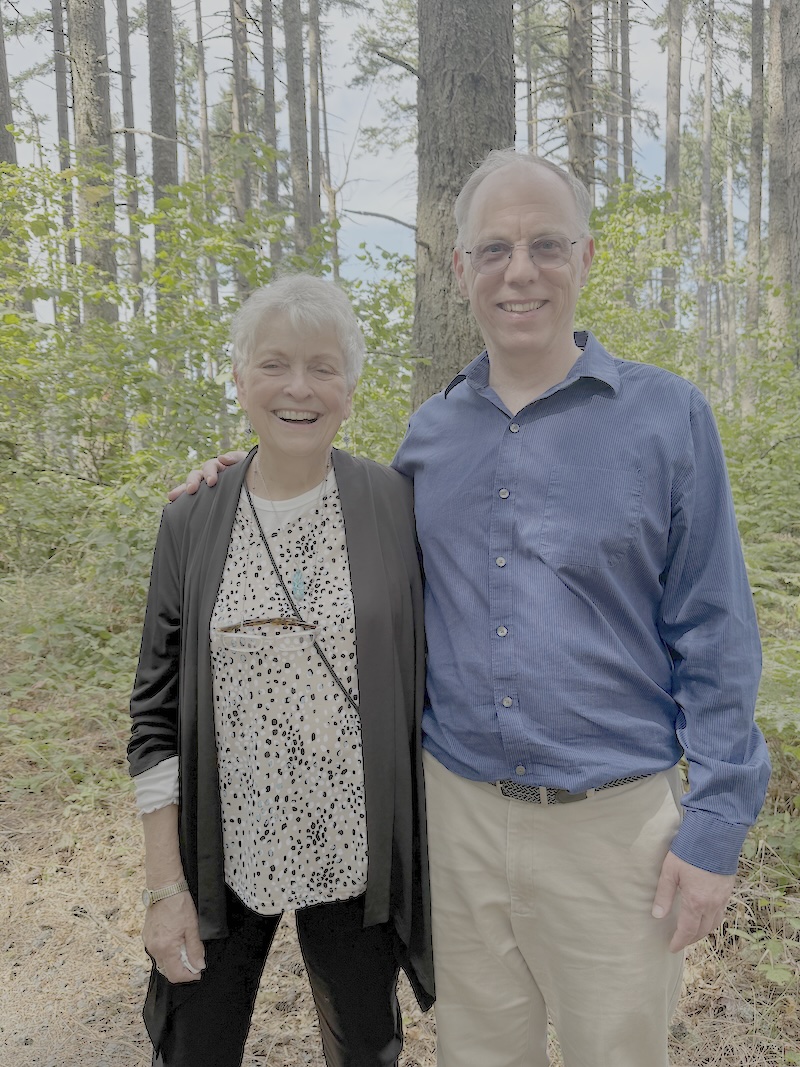
Sarah Voss with Tom McFarlane
Rev. Dr. Sarah Voss, a pioneer in contemporary efforts to connect math and spirituality, was the guest speaker at the Center for Sacred Sciences on Sunday 7 September, sharing insights from her recent book Math Mystic’s Guide to Creative Spirituality.
After a career teaching math, Rev. Dr. Sarah Voss became an ordained minister in the Unitarian Universalist tradition, and later a doctor of ministry, resulting in her first book, What Number Is God? Metaphors, Metaphysics, Metamathematics and the Nature of Things. During her ministry, she has used unique and innovative metaphors from math (called "mathaphors") to shed new light on ideas in religion and morality. In her presentation at the Center, she shared several of these mathaphors using interactive audience participation, even including costumes and role playing.
Merry Song Steps Down from CSS Board
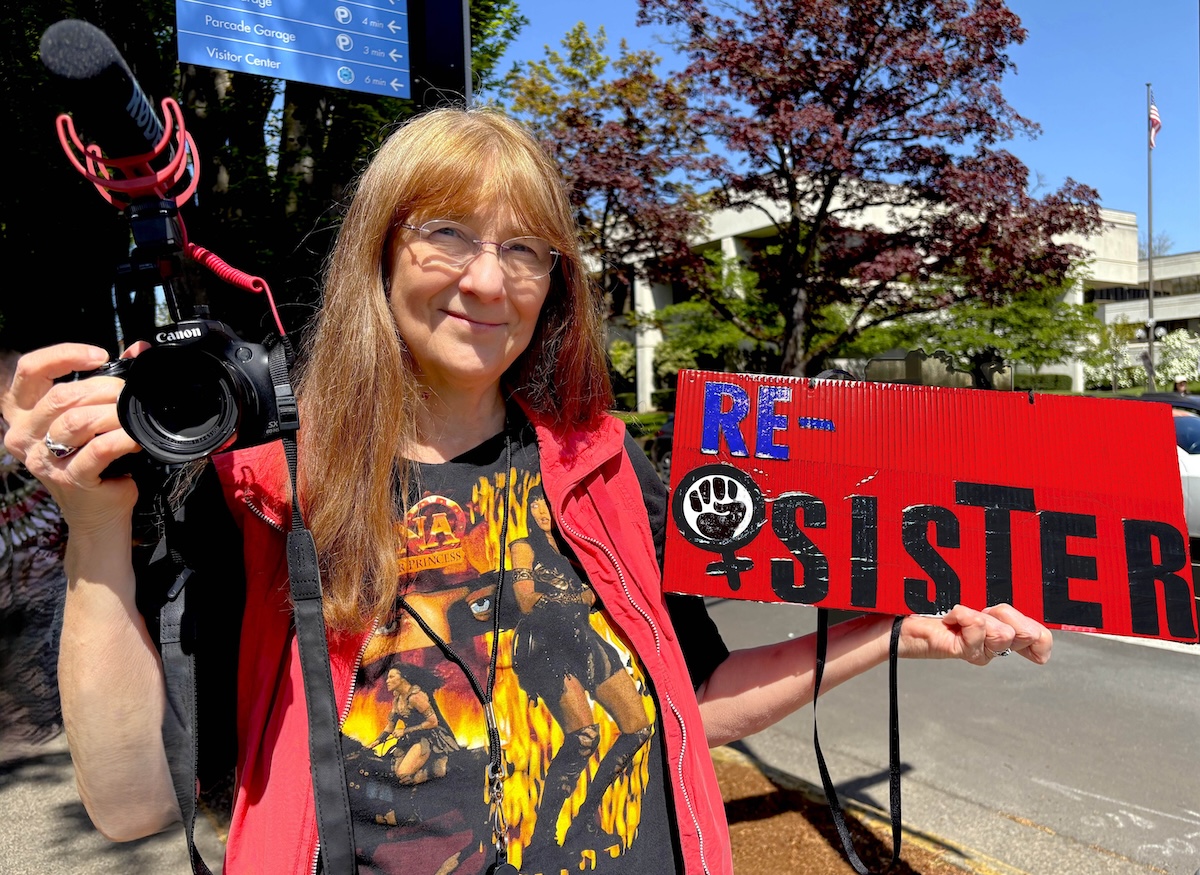
Merry Song living her passion
Merry Song has served three years as a member of the CSS Board of Directors from 2022-2025. During her time in the role of Board Secretary, she kept the notes during meetings, participated in board decision-making discussions, recorded votes throughout each year, and reviewed every newsletter. Feeling that it was time for her to focus on other endeavors, she has chosen to step down from her position on the board with gratitude for the opportunity.
Although no longer on the CSS Board, Merry Song continues her role as a CSS teacher. She will lead a new version of ZAG (Zoom Awakening Group) starting this October. ZAG will weave together a dynamic writing practice, dreamwork, and other creative elements designed to cultivate awareness. You can contact her at
The Practice of Stewardship, by Mark Hurwit
It’s an interesting thing, that when you start learning about the different ways to better take care of yourself (while this may seem selfish), you also end up learning so many ways to take care of the planet and others. Bottom line: I think that stewardship ultimately means living in a way that creates the greatest potential for growth, harmony, and equality with all others, which should include flora and fauna as well — the golden rule with a halo around it.
And, about that halo, a PhD economics researcher turned futurist, self-resilience educator, and community builder, Chris Martensen (I recommend him), said that when starting to build your own personal sustainability raft, doing one thing is way better than doing nothing. That stuck with me, and I repeat it here because with so much before us that seems to need fixin’, nothing ever seems like enough. So, we do what we can, and spend time with other people who are doing the same. I recommend that, and it’s where my inspiration came from to join the first CSS 4th Precept Group several years ago. That group met frequently for over four months, and a lot of great ideas and activities sprang from it. Its new iteration is doing the same, and I think would be great for any Center member to get involved with.
What kinds of things do Oriana and I practice? Well, the usual suggestions: eat organic to lessen the chemical burden on this planet as much a possible, recycle, reuse, buy used, have a garden, preserve food, and get the rest from local farmers. And buy everything local as much as possible. I do shop online for certain kinds of things, but avoid Amazon. (A guy’s gotta draw the line somewhere!) We also installed solar panels on our house years ago, and when I later found out how much electricity they were generating, I took EWEB’s advice and bought a plugin hybrid car. (We like to call it “driving on sunlight.”) Of course, the best thing to do is to get and ride a bike, but I’ve only done well with the first half.
I also feel that self-care in the forms of nutrition and lifestyle health choices also provide benefits to the world. For example, we participate in (and I organize) a buying club at Hummingbird Wholesale, where we not only get good, organic and mostly local food stuffs, but several other households also participate in four large orders a year. So, again, doing things with others builds a field, I’d say, which tends to grow not just the notion but the inspiration to do more.
Another way to care for everything is to minimize the proliferation of electromagnetic fields (EMFs) in our personal environment. In our world, it’ll never be 100%, but I feel strongly that every little bit helps. Encouraging others to think about this — for example, trying to slow the 5G rollout into our little town — gets into another kind of stewardship which, rather than calling it “politics”, I’ll just refer to it as “speaking up”. I’ve no doubt that whatever ways we can amplify our own efforts in the good (by including others) should be done whenever possible. In general, connecting with other people around a vision of moving our society/culture in a more healthy, humane, conscious and compassionate direction is definitely a form of stewardship, too.
Of course, uplifting ourselves spiritually might well be considered the best thing we can do as stewards of this planet — and how we put that into action is, perhaps like everything else, not exactly up to “us”. Just trying to stay really receptive would be a great place to reside.
Lastly, regarding resources of knowledge to share with others who are trying to practice and align their lives with stewardship, I will create a PDF (or perhaps a small folder of documents) that I think would be helpful to others. If interested, email me at
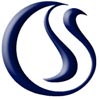
Mission and Programs of the Center for Sacred Sciences
The Center for Sacred Sciences is dedicated to the study, practice, and dissemination of the spiritual teachings of the mystics, saints, and sages of the major religious traditions. The Center endeavors to present these teachings in forms appropriate to our contemporary scientific culture. The Center also works to create and disseminate a sacred worldview which expresses the compatibility between universal mystical truths and the evidence of modern science.
Among the Center’s ongoing events are Sunday public services with meditations and talks given by the Center’s spiritual teachers; and — for committed spiritual seekers — weekly practitioners' groups and periodic meditation retreats. The Center is accessible. We are a welcoming and inclusive community.
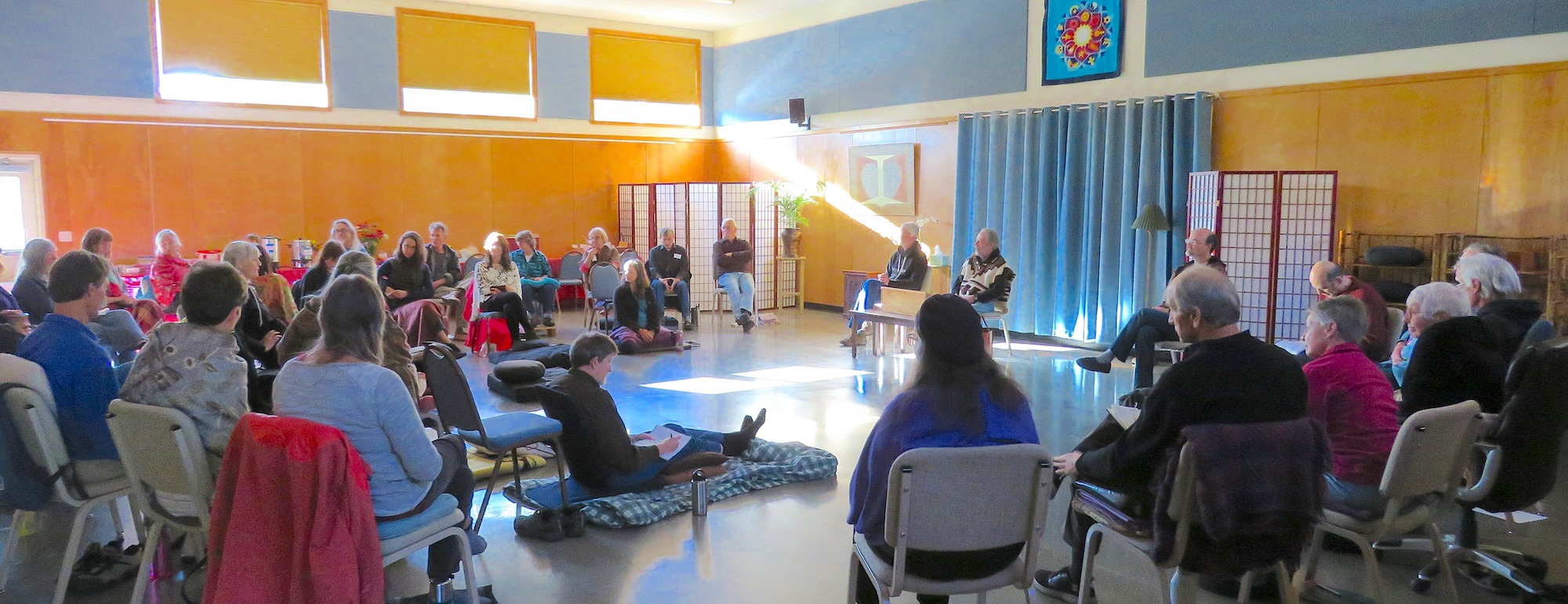
The Center maintains an extensive lending library of books, audios, videos, and periodicals covering spiritual, psychological, philosophical, and scientific subjects. In addition, the Center provides a website containing information and resources related to the teachings of the world’s mystics, the universality of mystical truth, and the relationship between science and mysticism. The Center also publishes books, audios, videos, and a newsletter.
The Center for Sacred Sciences is a non-profit, tax-exempt church based in Eugene, Oregon, USA. We rely chiefly on volunteer staff to support our programs, and on donations to meet our operating expenses. Our spiritual teachers give their teachings freely as a labor of love, and receive no financial compensation from the Center.
About the Center Community News
The Center Community News is published on the CSS website four times a year. Its primary purpose is to help foster a community of spiritual practitioners by sharing original teachings, experiences, reflections, artistic expressions, and reports among members of our community.
To submit your original spiritual reflection, report, poetry or art to the newsletter for publication, please use the newsletter submission form.
To subscribe, unsubscribe, or update your existing subscription to the Center Community News, please use the subscription form.
Center for Sacred Sciences • (541) 345-0102 • General contact form
Mailing Address: 1711 Willamette St Suite 301-164, Eugene, OR 97401 USA
Meeting Address: 5440 Saratoga St., Eugene, Oregon, USA

